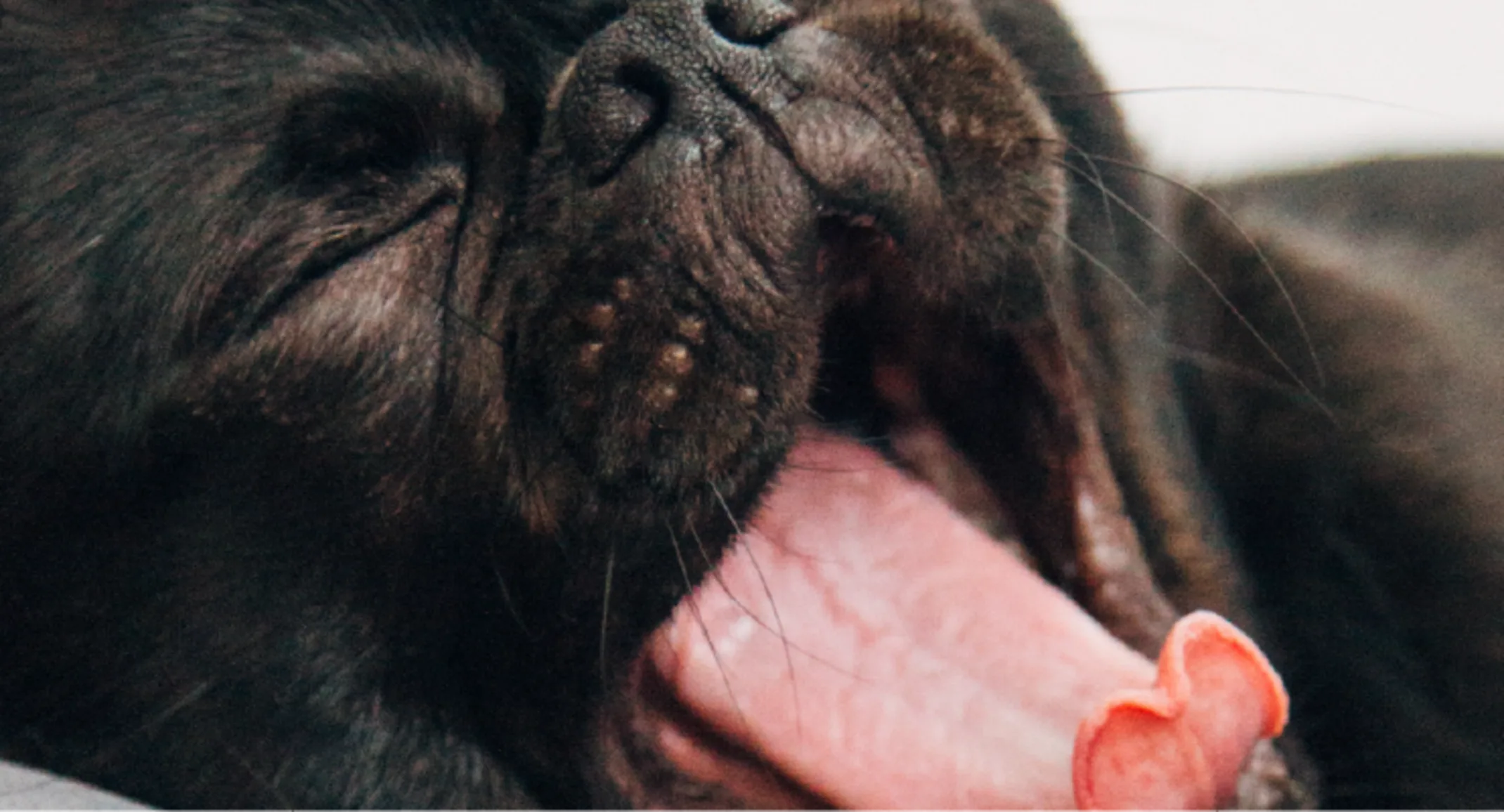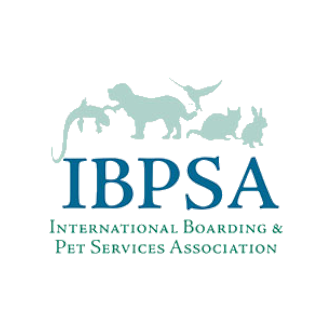Canine Cough - What You Need to Know
General

However, even with this strict policy and even though a dog has received the Bordetella vaccine, they may still contract canine cough.
We Need Your Help to be Effective
It goes without saying that sick pets should not be brought to a boarding or daycare facility.
Keep in mind that the virus is spread by either airborne or direct contact situations; symptoms may not appear for a period of up to 10 days; and your dog may have been exposed prior to visiting our facility.
Please consult your veterinarian for diagnosis and treatment options.
If your dog is diagnosed with canine cough after a stay at our facility, please notify us. Providing this information can help us protect the health of other dogs staying at our facility.
Here are some of the frequently asked questions about canine cough:
WHAT IS CANINE COUGH? Canine cough is a highly-contagious respiratory disease. The virus that causes the infection is part of a complex of viruses and bacteria associated with other canine respiratory pathogens (germs). Only your veterinarian can diagnose canine cough and provide treatment, if necessary. It is important to report a coughing symptom to your veterinarian because it could be a sign of a more serious disease.
HOW IS CANINE COUGH SPREAD? As with other respiratory pathogens, canine cough is spread by direct dog-to-dog contact, respiratory secretions, aerosols generated by coughing and sneezing, and contact with contaminated environments. The virus can also contaminate kennel surfaces, food and water bowls, collars and leashes, and the hands and clothing of people who handle infected dogs. The risk of infection is highest when large numbers of dogs are housed together or in close confinement, such as dog parks, shelter facilities, boarding and daycare facilities, training groups, and dog shows, etc.
WHAT ARE THE SYMPTOMS OF CANINE COUGH? Most cases are mild consisting of a dry hacking cough, sneezing and nasal discharge, and last from one to two weeks. Some dogs may carry the virus and show no symptoms, yet they can shed the virus and infect other dogs. Symptoms may not appear during the incubation period for up to 10 days. If your dog has canine cough, you may notice one or more of the following symptoms:
A strong cough, often with a “honking” sound
Runny nose
Sneezing
Lethargy
Loss of appetite
MY DOG IS VACCINATED, CAN THEY STILL GET IT? Yes. It depends on several factors including the age of the dog, the state of the dog’s health and immune system, the specific strain of the virus, etc.
WHY REQUIRE A VACCINATION IF THE VACCINE IS NOT ALWAYS EFFECTIVE? Although not 100% effective (like any vaccine), the vaccine does help prevent outbreaks of the disease and helps mitigate symptoms if the virus is contracted.
WHAT ACTION DOES HAPPY TAILS TAKE IF A DOG APPEARS TO HAVE CANINE COUGH? Keep in mind that only a veterinarian can diagnose canine cough as the symptoms are similar to other diseases. However, if a dog in our care appears to have the symptoms of canine cough, we contact the owner to pick up their dog. In the meantime, we keep the dog isolated.
DOES HAPPY TAILS PAY FOR TREATMENT OF CANINE COUGH? No. Just as you would not expect your school to pay for your child contracting a cold, we do not pay for the treatment of canine cough. It is a risk when a large group of dogs congregate in one place—much like children or adults congregating together and contracting a cold or the flu.
Please Note: Always contact your veterinarian for medical advice. This information is for general information purposes only and is not intended to diagnose, treat or cure any illness or take the place of professional medical advice from your veterinarian.

